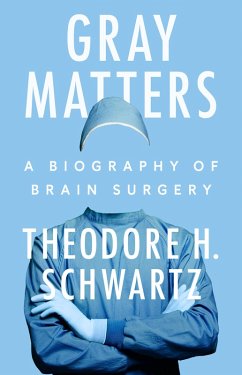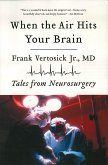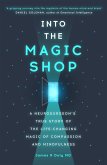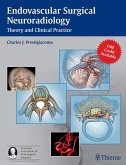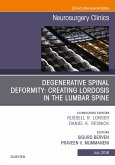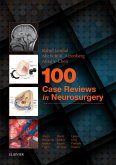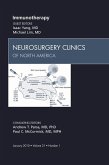"If you are at all curious about the brain or the surgeons who operate on it, Gray Matters is a must read and Dr. Theodore Schwartz is the perfect guide, a master brain surgeon and superbly talented writer. I have not read a better biography of our shared profession, and in Schwartz's talented hands, the most enigmatic 3 1/2 pounds of tissue in the known universe comes to light in remarkable and revelatory ways." -Dr. Sanjay Gupta, CNN Chief Medical Correspondent, and New York Times and #1 Wall Street Journal bestselling author of Keep Sharp: Build a Better Brain at Any Age A popular biography of brain surgery, by one of its preeminent practitioners We've all heard the phrase "it's not brain surgery." But what exactly is brain surgery? It's a profession that is barely a hundred years old and profoundly connects two human beings, but few know how it works, or its history. How did early neurosurgeons come to understand the human brain-an extraordinarily complex organ that controls everything we do, and yet at only three pounds is so fragile? And how did this incredibly challenging and lifesaving specialty emerge? In this warm, rigorous, and deeply insightful book, Dr. Theodore H. Schwartz explores what it's like to hold the scalpel, wield the drill, extract a tumor, fix a bullet hole, and remove a blood clot-when every second can mean life or death. Drawing from the author's own cases, plus media, sports, and government archives, this seminal work delves into all the brain-related topics that have long-consumed public curiosity, like what really happened to JFK, President Biden's brain surgery, and the NFL's management of CTE. Dr. Schwartz also surveys the field's latest incredible advances and discusses the philosophical questions of the unity of the self and the existence of free will. A neurosurgeon as well as a professor of neurosurgery at Weill Cornell Medicine, one of the busiest and most highly ranked neurosurgery centers in the world, Dr. Schwartz tells this story like no one else could. Told through anecdote and clear explanation, this is the ultimate cultural and scientific history of a literally mind-blowing human endeavor, one that cuts to the core of who we are.
Dieser Download kann aus rechtlichen Gründen nur mit Rechnungsadresse in A, B, BG, CZ, D, DK, EW, E, FIN, F, GR, HR, H, I, LT, L, LR, NL, PL, P, R, S, SLO, SK ausgeliefert werden.

